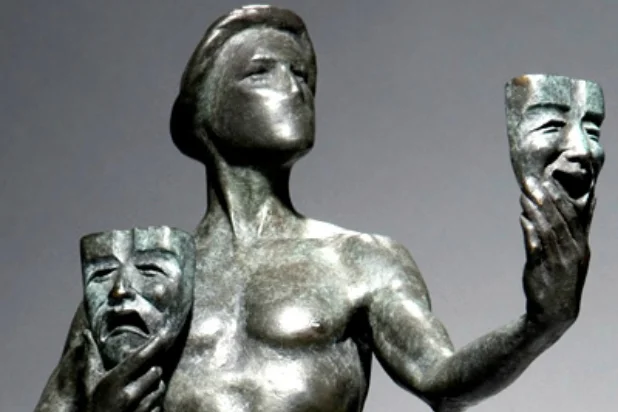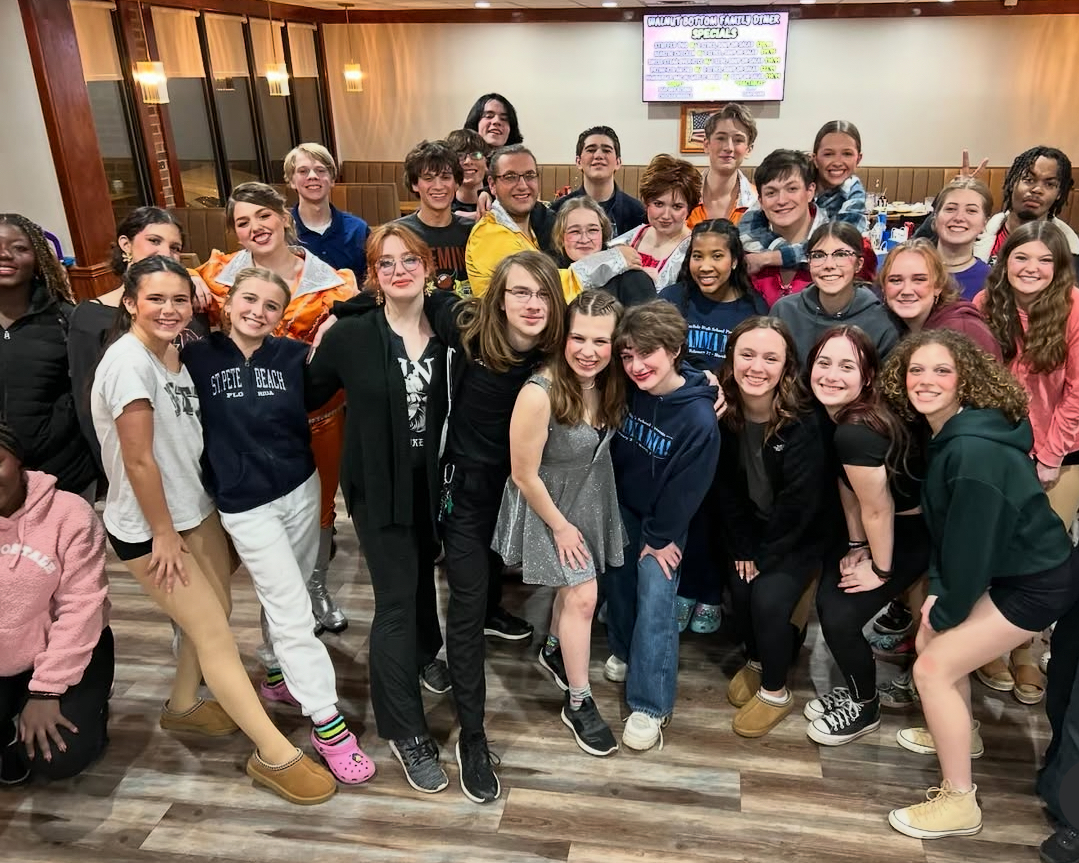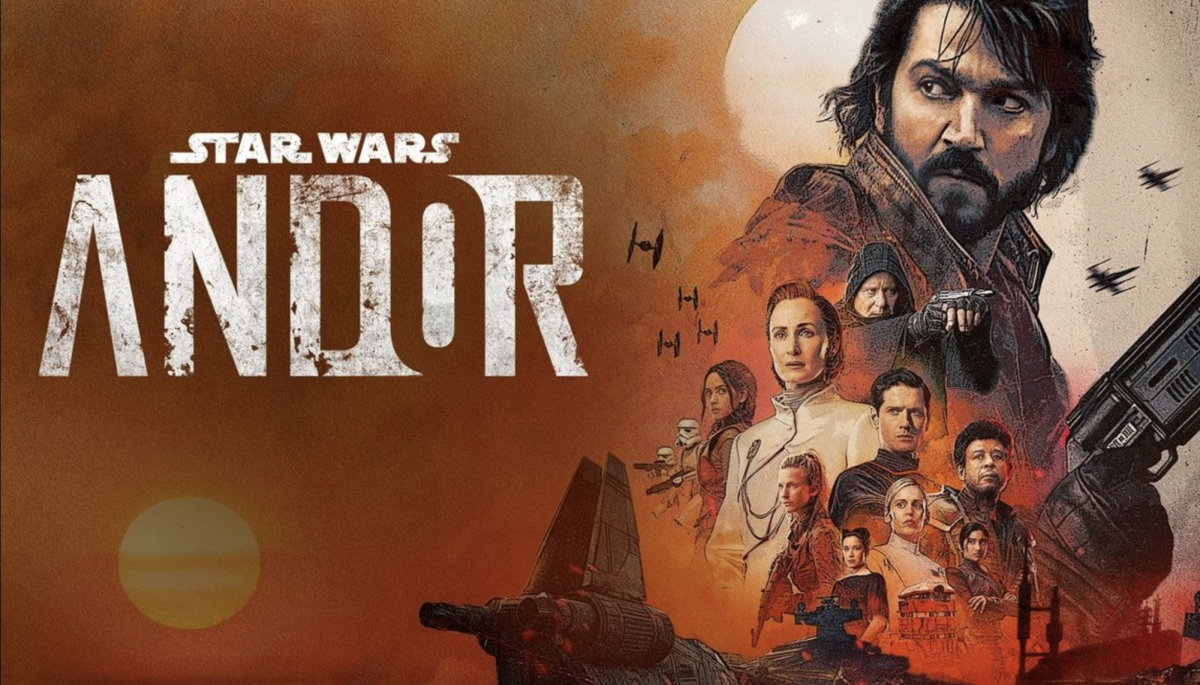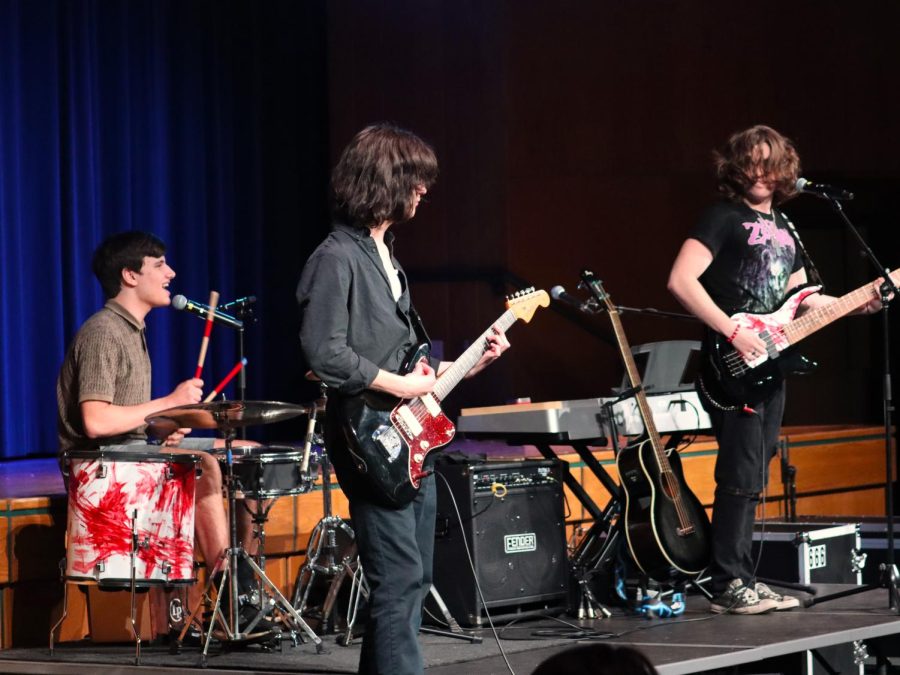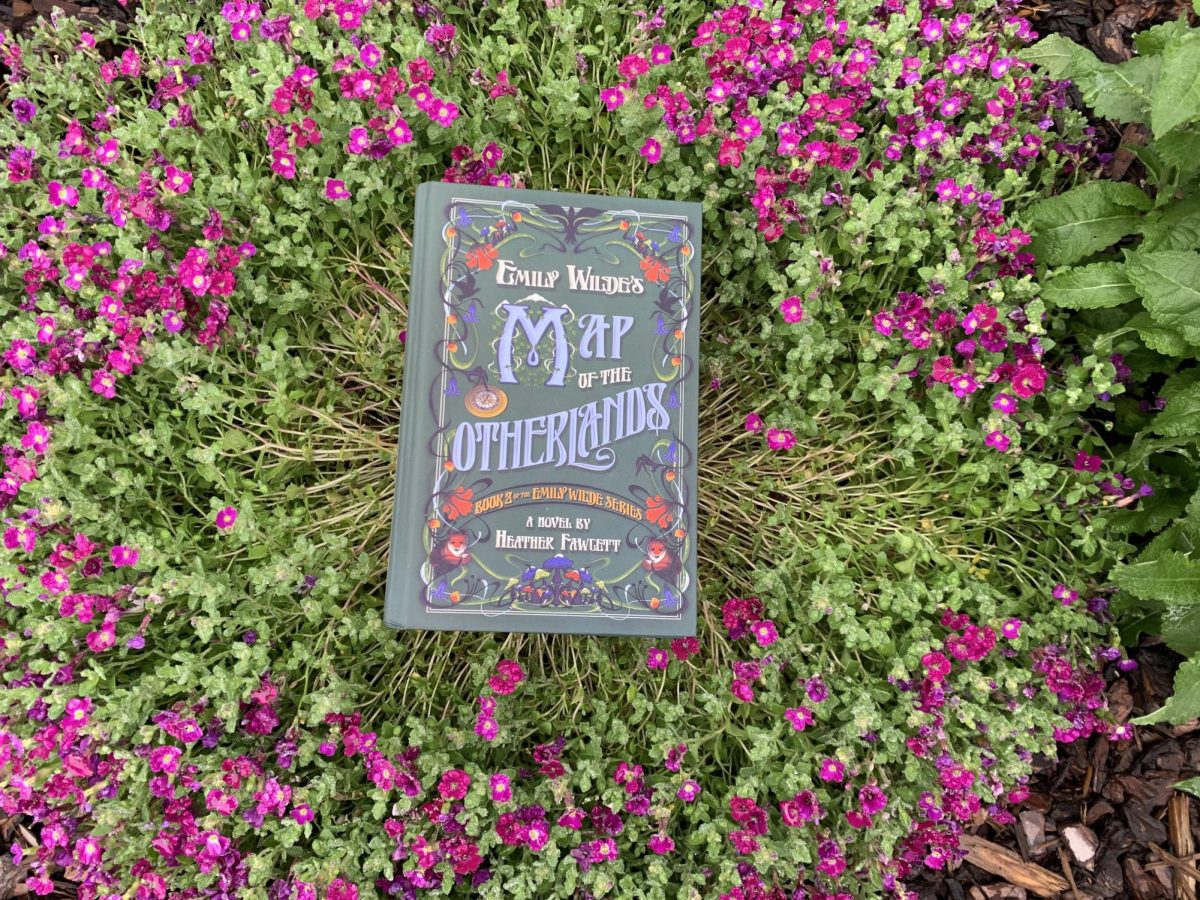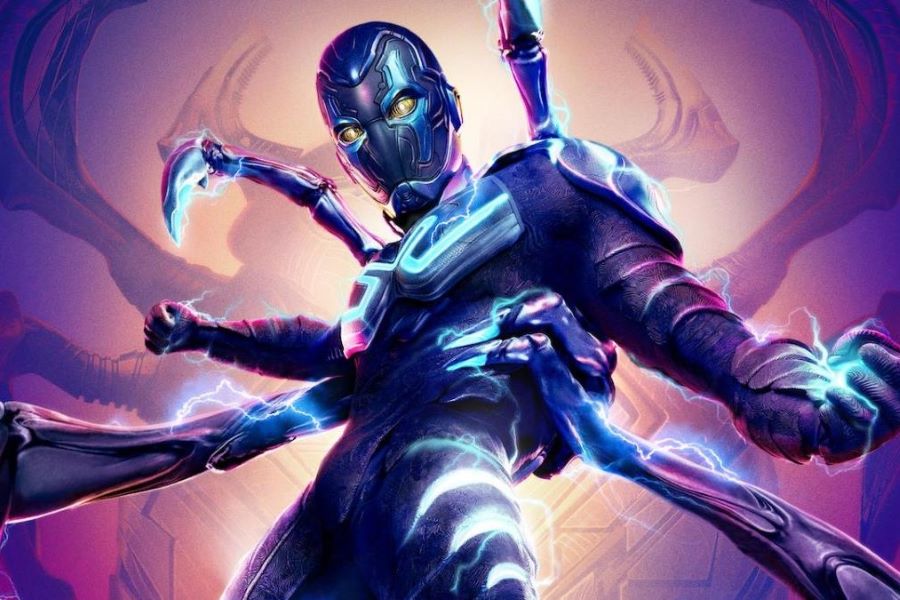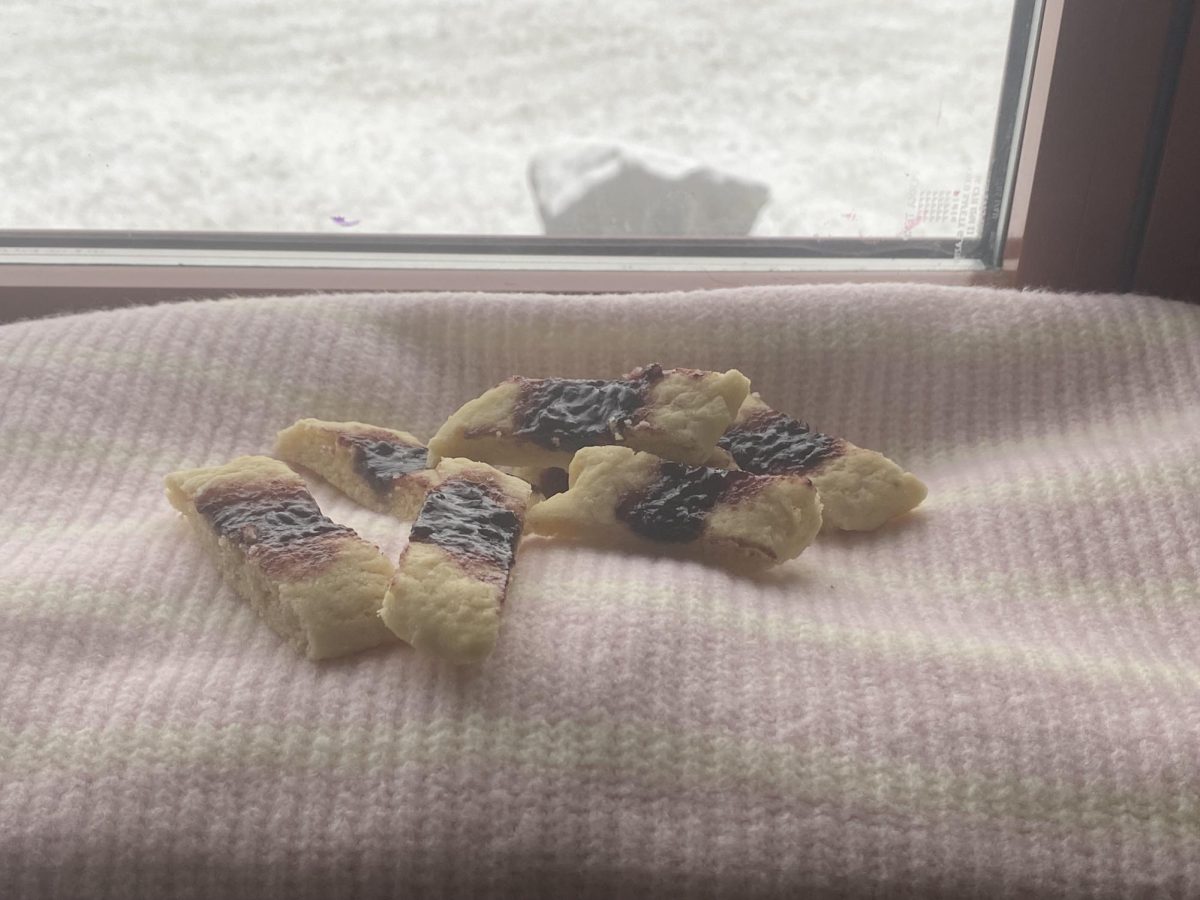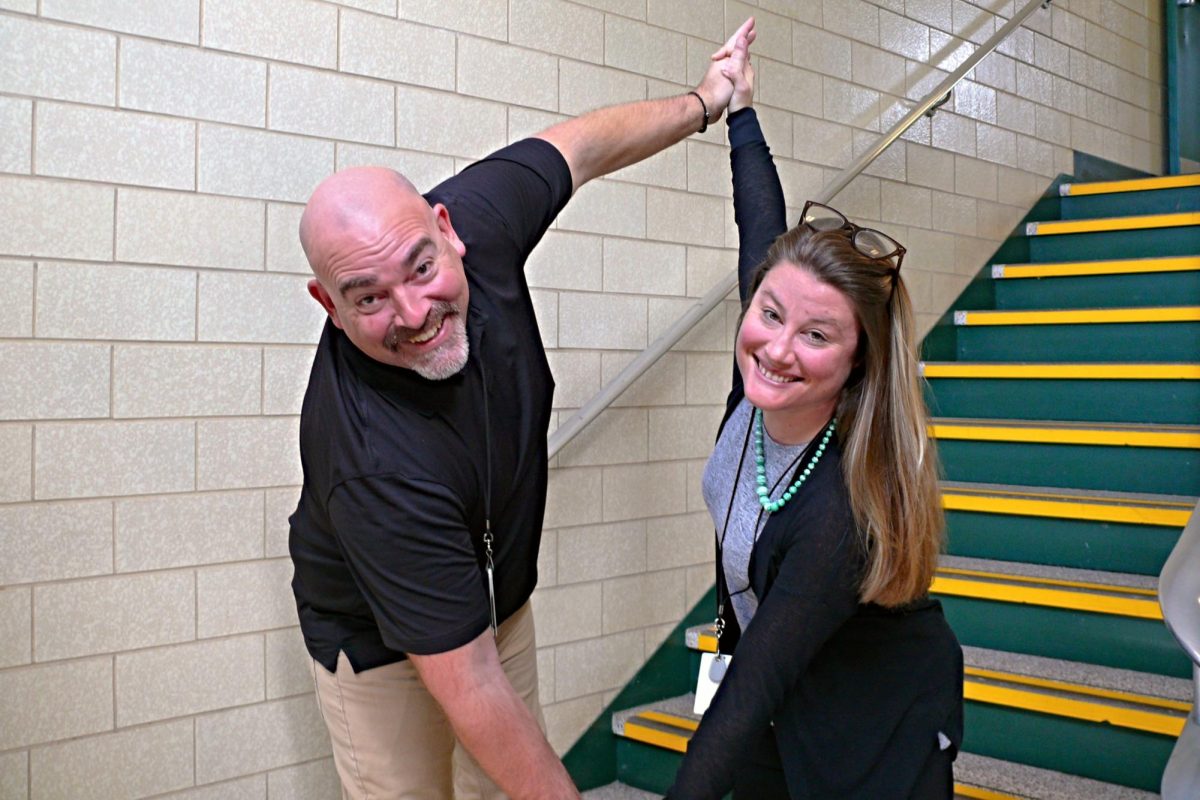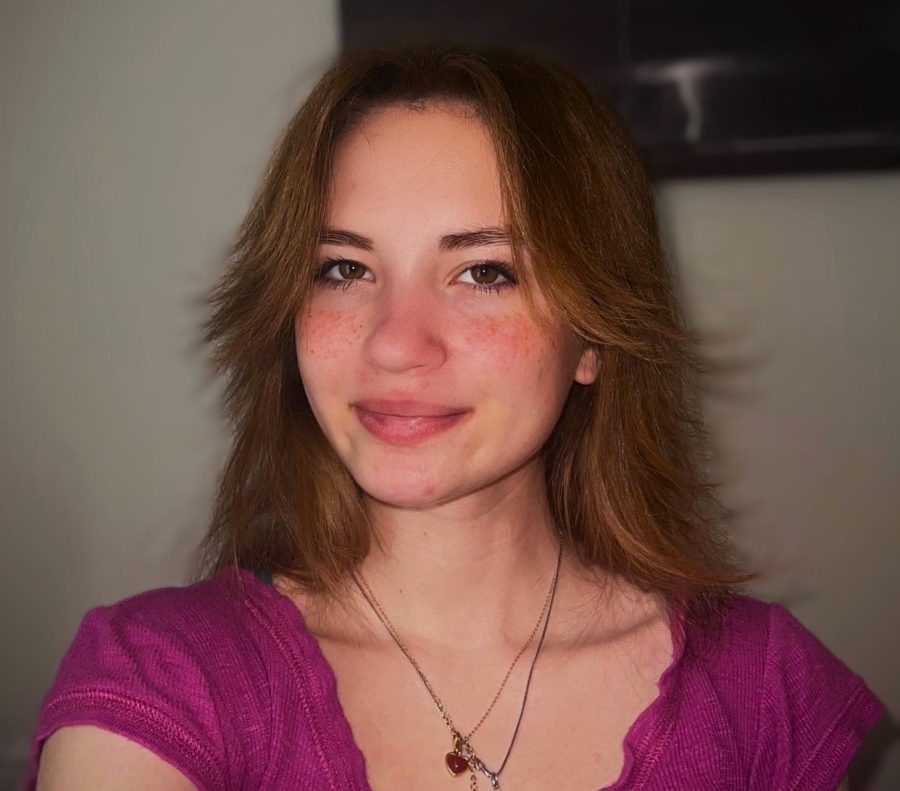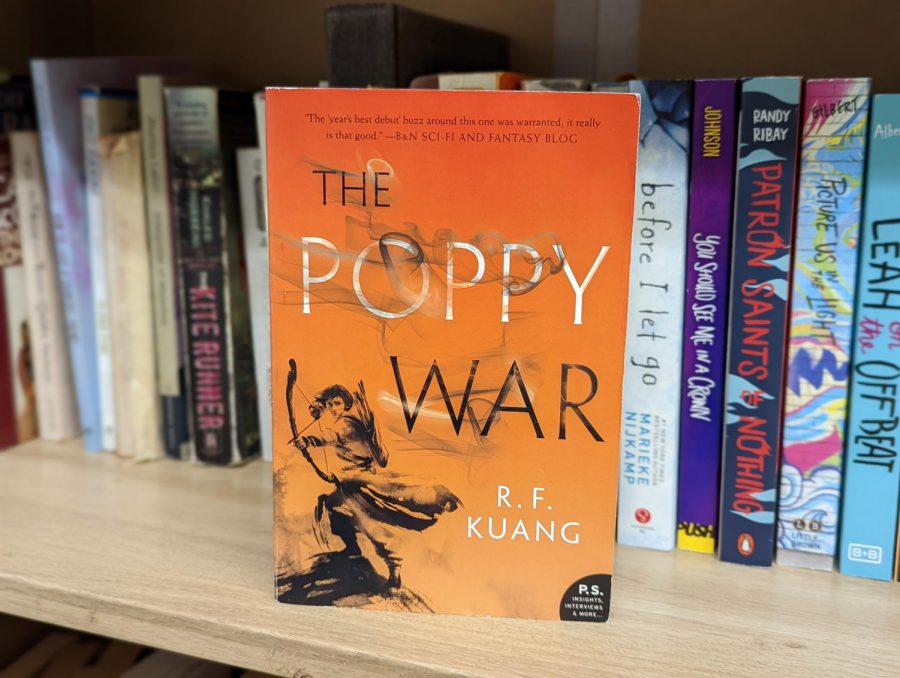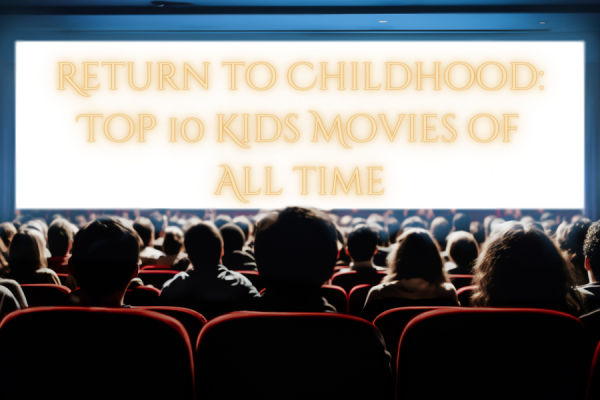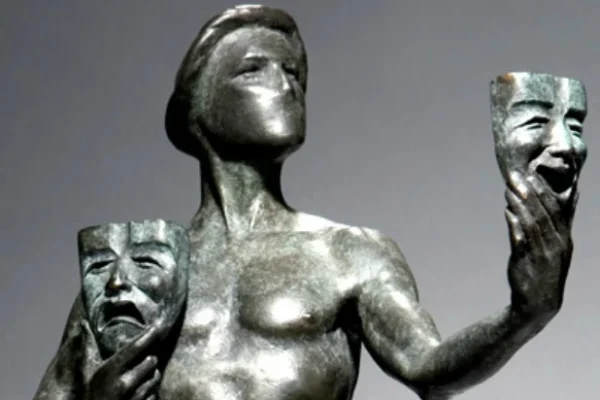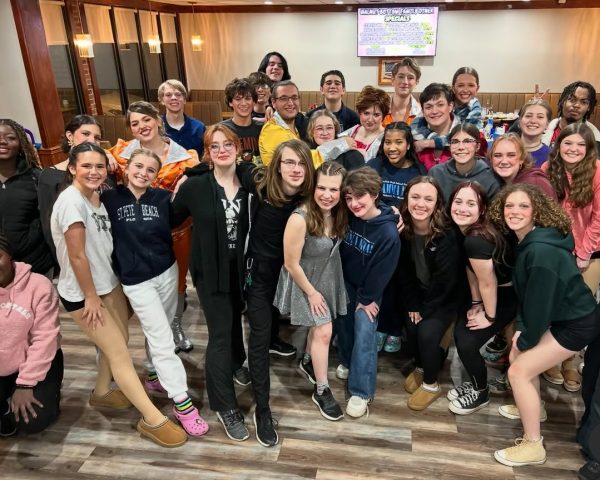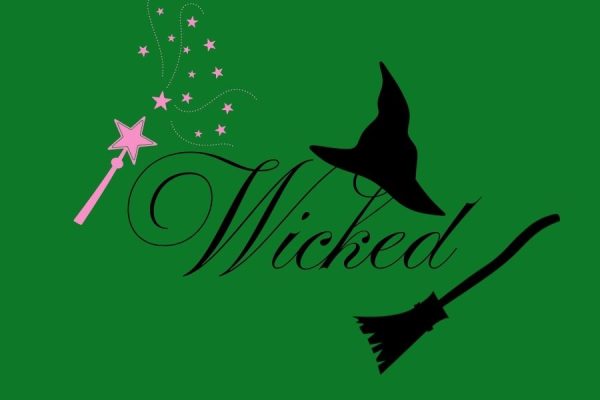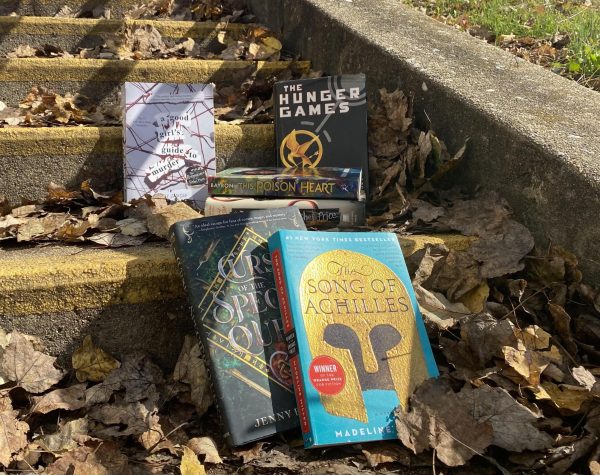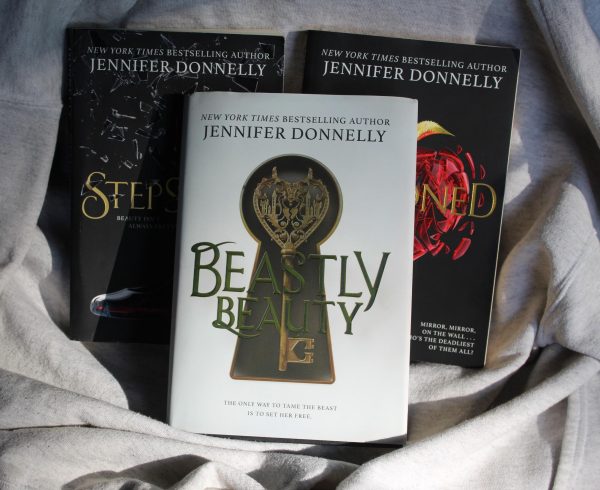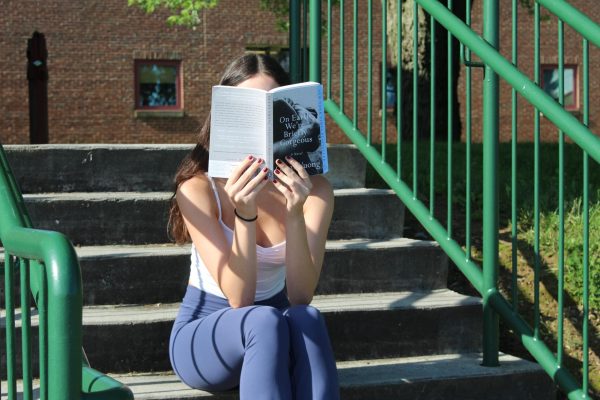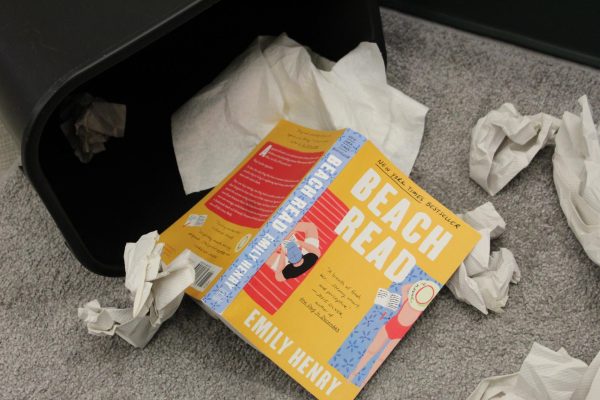Sacrificial flowers: ‘The Poppy War’ shows the brutality of war through historical fiction lens (Review)
ADDICTIVE CHAOS: “The Poppy War” by R. F. Kuang tells the story of Rin, a 14-year old war orphan in Ancient China. Kuang’s novel combines history, science fiction and fantasy to explore the horrors of war through the experiences of children.
Set in ancient China and inspired by early 20th century China, the Second-Sino Japanese War, and the Forgotten Holocaust, The Poppy Wars was a debut novel for R.F. Kuang about war, shamanism, and gods. It shows the horror and tragedy of war and the character developments that happen because of these scenes of violence.
This novel is written in three parts. The first part takes place in a small rural town and a military academy, the second revolves around a prolonged military siege, and the third is the aftermath of a defeat where all the characters are desperate and have to make impossible decisions.
The main character, Rin, is a 14-year-old war orphan, who lives in the south with her foster parents. She finds out that she is set to be married, which leads to her studying months for the Keju—a prestigious examination that children had been studying for all their lives, to get accepted into the best military academy there is in the country.
Rin uses her situation to help drive her to study and basically run herself ragged to get accepted and find a way, a solution, to her situation that seems there’s no way out of.
Then, she does get accepted into the prestigious Sinegard military academy, but she stands out because of her accent, darker colored skin, and being a war orphan from the south (the poorer economic region). So, she has to fight twice as hard to get to the top.
She spends two years at the aforementioned military academy, training from the best of the best, competing against the most intelligent children in the country (or, the most prepared for this school). As she’s from the poor, peasant class, expectations for her are low. She faces a seemingly impossible situation and responds by proving she has what it takes to be where she is.
The novel has strategy, politics, and sacrifice. While the characters do make dumb, impulsive, decisions, that they sometimes end up regretting, this just shows the reality of being human and having flaws, which is understandable because one second Rin and the other characters were at the academy, and the next they were thrown into a war they weren’t prepared for:
“Children ceased to be children when you put a sword in their hands. When you taught them to fight a war, then you armed them and put them on the front lines, they were not children anymore. They were soldiers.” (235-236)
This book doesn’t romanticize war, but instead shows the realities of it. War isn’t pretty. War isn’t about heroics and grand deeds. War is about control. It is about people trying to murder each other; it’s about soldiers brutalizing their enemies and terrorizing the innocent. This thought has remained in my head since I read this novel:
“War doesn’t determine who’s right. War determines who remains.” (233)
Honestly, I really liked this book and it had me hooked because it’s so different from the ones I usually read (which mostly consists of rom-coms. Sorry Mom, but I see you reading the ones I recommend). I haven’t read anything sci-fi or fantasy in a while, and this book helped me get back into that genre by combining fiction, fantasy, and history.
If you’re planning on reading this book/series, please look up more of the content warnings.
Want to help the Herd? Please consider supporting the Periscope program. Your donation will support the student journalists of CHS and allow us to purchase equipment, send students to workshops/camps, and cover our annual website hosting costs.

Kaylea is a junior at Carlisle High School and this is her first year being a part of the Periscope staff. She is a member of Student Class Council, Green...
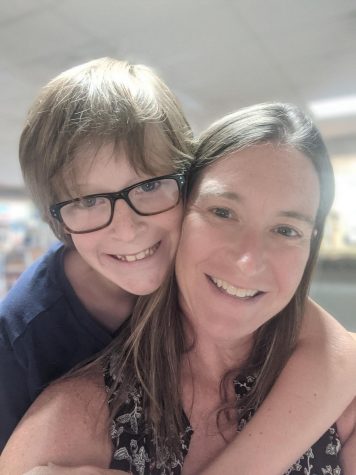
This is Mrs. Muir's 13th year advising Periscope and she loves it more every year! She's an avid reader, loves dogs and being outside, and enjoys baking...



